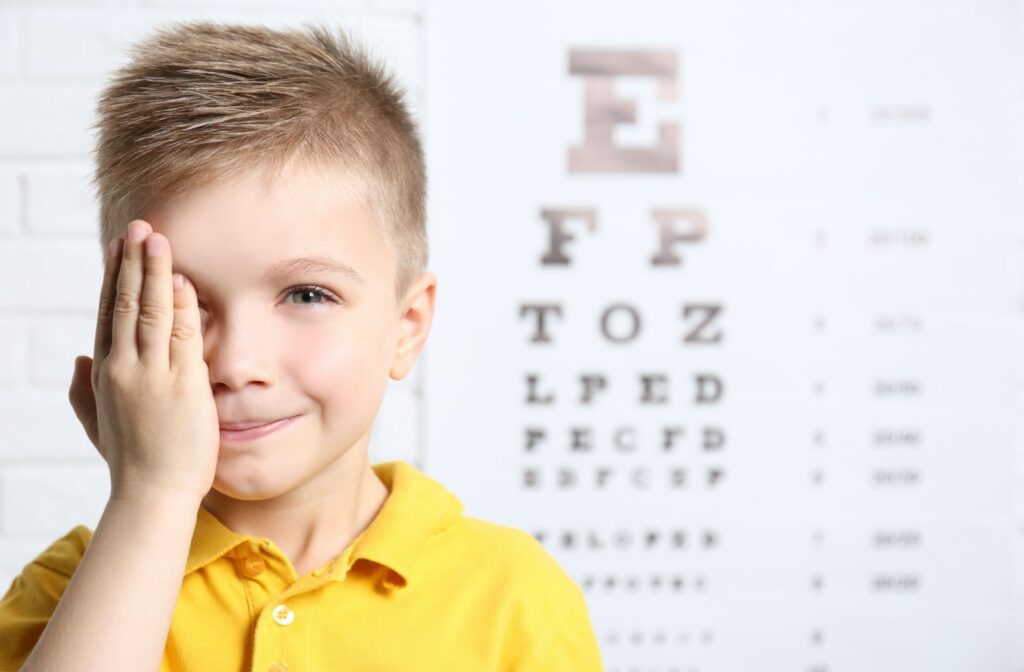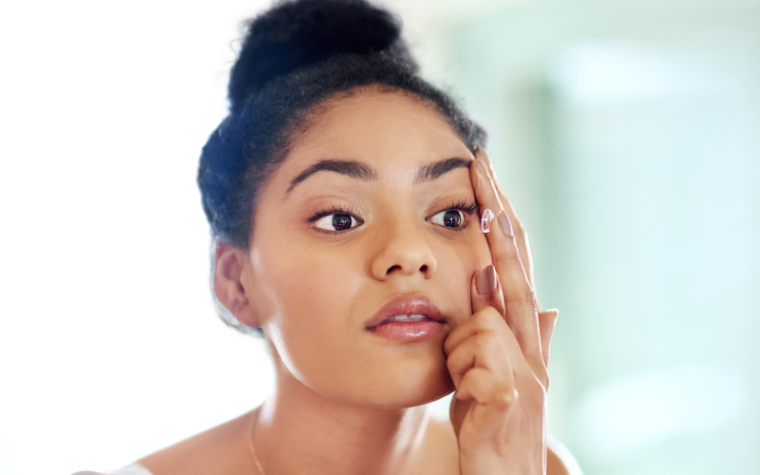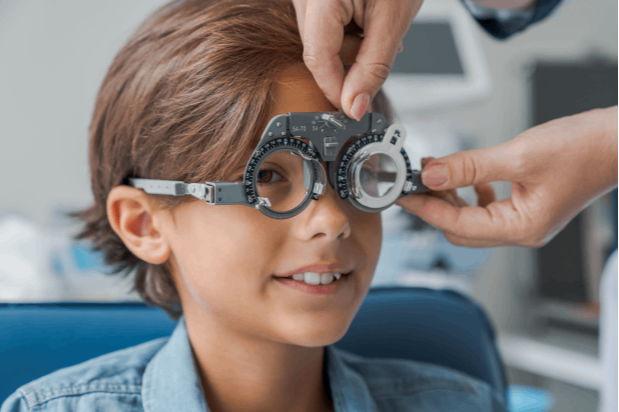All Categories
Featured
Unlocking Opportunities: Comprehensive Low Vision Recovery Alternatives.
Dealing with low vision can offer one-of-a-kind challenges, yet contemporary rehab methods equip individuals to adjust and grow. From advanced technology to hands-on training, there are countless options created to enhance every day life and foster independence. Here's a detailed appearance at the diverse rehab remedies readily available for those with reduced vision.
The Function of Low Vision Recovery
Reduced vision recovery concentrates on assisting people enhance their continuing to be vision and develop skills to handle their environments. With a mix of tools, training, and personalized support, rehabilitation programs enhance functionality and increase self-confidence in navigating everyday activities.
Secret Reduced Vision Rehab Options
Customized Aesthetic Aids
High-Powered Magnifiers: These devices are available in handheld, wearable, or electronic formats, enabling users to review, write, or sight things up close.
Telescopic Glasses: Perfect for improving distance vision, these glasses assist with activities such as enjoying tv or analysis signs.
![]()
Filter Lenses: Colored lenses lower glow, improve comparison, and supply UV defense, enhancing convenience and visibility.
Technological Innovations
Digital Magnification Tools: Desktop and mobile gadgets use adjustable magnification, making it possible for simpler accessibility to printed materials and electronic web content.
![]()
Voice-Assisted Modern technology: Display viewers, voice-enabled mobile phones, and AI-driven applications aid users navigate the digital globe much more efficiently.
Wearable Vision Aids: Smart glasses furnished with cameras and acoustic feedback give real-time support with analysis, identifying things, and spatial alignment.
Expert Training Programs
Positioning and Movement Training: This program educates individuals just how to move with confidence within their communities and homes, typically including walking sticks or guide pet dogs.
Daily Living Skills: Specialized training equips individuals with techniques to carry out essential jobs such as food preparation, clothing, and handling house tasks.
Flexible Aesthetic Strategies: Specialists overview people on leveraging peripheral vision or scanning techniques to make up for vision loss.
Ecological Modifications
![]()
Basic adjustments at home or job can significantly enhance accessibility:
Using contrasting colors for much better object distinction.
Including job illumination to enhance presence.
Noting home appliances with tactile indications for easier procedure.
Emotional and Social Support
Handling vision loss typically entails emotional modifications. Assistance teams and counseling solutions supply a secure space to share experiences and develop durability.
Peer mentoring programs connect individuals with comparable challenges, fostering sociability and shared solutions.
Accessing Recovery Services
Low vision recovery services are widely offered with:
Specialized Clinics: Optometrists and eye doctors educated in reduced vision treatment offer tailored evaluations and remedies.
Nonprofit Organizations: Teams like the American Foundation for the Blind and VisionAware provide sources, guidance, and referrals.
Area Centers: Neighborhood services might give free or low-priced training and access to assistive tools.
Final Ideas
By checking out the various rehabilitation choices available, those with reduced vision can find strategies that function best for their special requirements and situations. If you or a liked one deals with vision difficulties, do not wait to reach out to a low vision specialist to begin the journey towards empowerment and adaptability.
Dealing with low vision can offer one-of-a-kind challenges, yet contemporary rehab methods equip individuals to adjust and grow. From advanced technology to hands-on training, there are countless options created to enhance every day life and foster independence. Here's a detailed appearance at the diverse rehab remedies readily available for those with reduced vision.
The Function of Low Vision Recovery
Reduced vision recovery concentrates on assisting people enhance their continuing to be vision and develop skills to handle their environments. With a mix of tools, training, and personalized support, rehabilitation programs enhance functionality and increase self-confidence in navigating everyday activities.
Secret Reduced Vision Rehab Options
Customized Aesthetic Aids
High-Powered Magnifiers: These devices are available in handheld, wearable, or electronic formats, enabling users to review, write, or sight things up close.
Telescopic Glasses: Perfect for improving distance vision, these glasses assist with activities such as enjoying tv or analysis signs.

Filter Lenses: Colored lenses lower glow, improve comparison, and supply UV defense, enhancing convenience and visibility.
Technological Innovations
Digital Magnification Tools: Desktop and mobile gadgets use adjustable magnification, making it possible for simpler accessibility to printed materials and electronic web content.

Voice-Assisted Modern technology: Display viewers, voice-enabled mobile phones, and AI-driven applications aid users navigate the digital globe much more efficiently.
Wearable Vision Aids: Smart glasses furnished with cameras and acoustic feedback give real-time support with analysis, identifying things, and spatial alignment.
Expert Training Programs
Positioning and Movement Training: This program educates individuals just how to move with confidence within their communities and homes, typically including walking sticks or guide pet dogs.
Daily Living Skills: Specialized training equips individuals with techniques to carry out essential jobs such as food preparation, clothing, and handling house tasks.
Flexible Aesthetic Strategies: Specialists overview people on leveraging peripheral vision or scanning techniques to make up for vision loss.
Ecological Modifications

Basic adjustments at home or job can significantly enhance accessibility:
Using contrasting colors for much better object distinction.
Including job illumination to enhance presence.
Noting home appliances with tactile indications for easier procedure.
Emotional and Social Support
Handling vision loss typically entails emotional modifications. Assistance teams and counseling solutions supply a secure space to share experiences and develop durability.
Peer mentoring programs connect individuals with comparable challenges, fostering sociability and shared solutions.
Accessing Recovery Services
Low vision recovery services are widely offered with:
Specialized Clinics: Optometrists and eye doctors educated in reduced vision treatment offer tailored evaluations and remedies.
Nonprofit Organizations: Teams like the American Foundation for the Blind and VisionAware provide sources, guidance, and referrals.
Area Centers: Neighborhood services might give free or low-priced training and access to assistive tools.
Final Ideas
By checking out the various rehabilitation choices available, those with reduced vision can find strategies that function best for their special requirements and situations. If you or a liked one deals with vision difficulties, do not wait to reach out to a low vision specialist to begin the journey towards empowerment and adaptability.
Latest Posts
Find Out Reduce Expenses on Car Maintenance with Montclare Auto Repair’s Limited-Time Deals
Published May 26, 25
1 min read
Uncover Oil Changes & More: Complete Services Guide from Montclare Auto Repair
Published May 25, 25
1 min read
Unlock Your Financial Partner at WyHy – Top Benefits for Your Money Goals
Published May 25, 25
1 min read
More
Latest Posts
Find Out Reduce Expenses on Car Maintenance with Montclare Auto Repair’s Limited-Time Deals
Published May 26, 25
1 min read
Uncover Oil Changes & More: Complete Services Guide from Montclare Auto Repair
Published May 25, 25
1 min read
Unlock Your Financial Partner at WyHy – Top Benefits for Your Money Goals
Published May 25, 25
1 min read